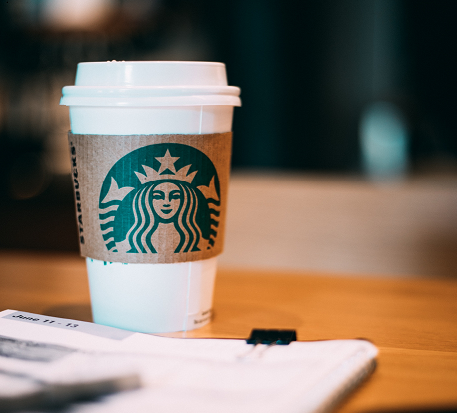Starbucks extends 5p ‘latte levy’ to all UK stores
If you are a fan of Starbucks you will soon be asked to do a bit more for your morning coffee.

If you are a fan of Starbucks you will soon be asked to do a bit more for your morning coffee.
After a successful trial across 35 stores in London, Starbucks is rolling-out a nationwide 5p paper cup charge.
From the end of July, all customers will be asked to pay the small fee if they order a drink in a single-use cup.
Starbucks operates 950 stores within the UK which attract millions of customers every week. To ensure the charge wouldn’t put people off, the company enlisted the services of environmental experts Hubbub. The charity evaluated the impact of the original three-month trial and found that the frequency of reusable cups increased by 126 percent. Morning times were found to be especially popular with 8 percent of all hot drinks served in reusable mugs or tumblers.
The added bonus for these customers is a 25p discount off any drink.
Hubbub’s work convinced Starbucks that a so-called ‘latte levy’ could have an impact on paper cup use, provided the right level of communication with customers and staff training.
Martin Brok, Starbucks’s European chief said its employees and customers “continue to push us to innovate and find ways to reduce waste.”
“Extending this to all our stores across Britain is an exciting step and we’re hoping this charge will remind customers to rethink their use of single-use plastic as it has with plastic bags.”
Trewin Restorick, CEO and Founder of Hubbub said the trial proved that single-use plastics has become a significant issue for the general public. “Customers have an increased awareness of the need to reduce waste from single-use cups. A 5p charge is an effective way to prompt this change,” he added.
The news comes shortly after Starbucks also announced a plan to eliminate all plastic straws across nearly 30,000 stores worldwide within the next two years. The plan is expected to remove the need for one billion plastic straws each year.

_-_frame_at_0m5s_400_250_80_s_c1.jpg)




